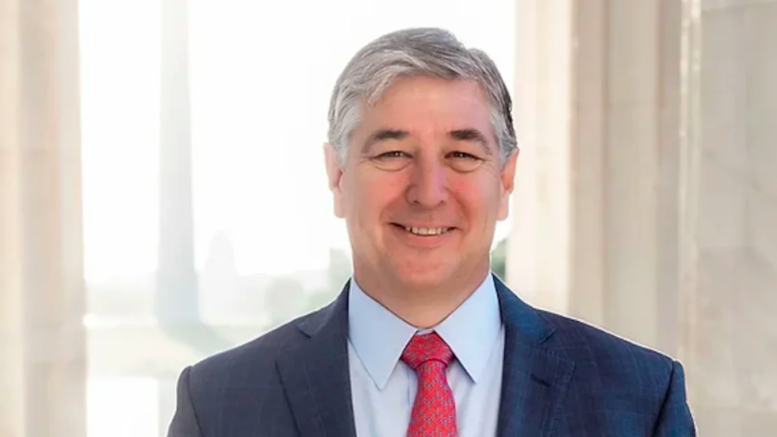In a tragic turn of events, Michael Gill, a former Trump administration official, succumbed to injuries sustained during a series of carjackings in Washington, DC. The incident unfolded when the suspect, 28-year-old Artell Cunningham, forcibly entered Gill’s vehicle at Mount Vernon Square and shot him. Gill, aged 56, had previously served at the US Commodity Futures Trading Commission during the tenure of former President Donald Trump.
The carjacking spree did not end with Gill’s shooting. Cunningham fled the scene on foot and proceeded to approach 35-year-old Alberto Vasquez Jr. and a woman, demanding their car keys. Tragically, Cunningham shot Vasquez, resulting in his death. Cunningham then fled in Vasquez’s vehicle and carried out two more carjacking incidents in Prince George’s County the following day.
Law enforcement eventually confronted Cunningham, and he was fatally shot by two New Carrollton police officers in Maryland. Preliminary information obtained from interviews with those involved suggests that the suspect may have been experiencing a mental health crisis. The circumstances surrounding Cunningham’s actions shed light on the complex intersection of mental health issues and criminal behavior.
Michael Gill’s untimely demise has left a profound impact, not only on his family but also on colleagues and friends. Survived by his wife, Kristina, and three children, Gill was remembered as a devoted husband, father, son, brother, and friend. His contributions extended beyond his role in the Trump administration, as he had been working for the Housing Policy Council at the time of his tragic death.
As the community mourns the loss of Gill, questions arise about the intersection of mental health and criminal acts, prompting a broader conversation about addressing mental health crises to prevent further incidents with fatal outcomes. The incident underscores the need for comprehensive approaches to mental health awareness, intervention, and support to prevent such tragic events in the future.

